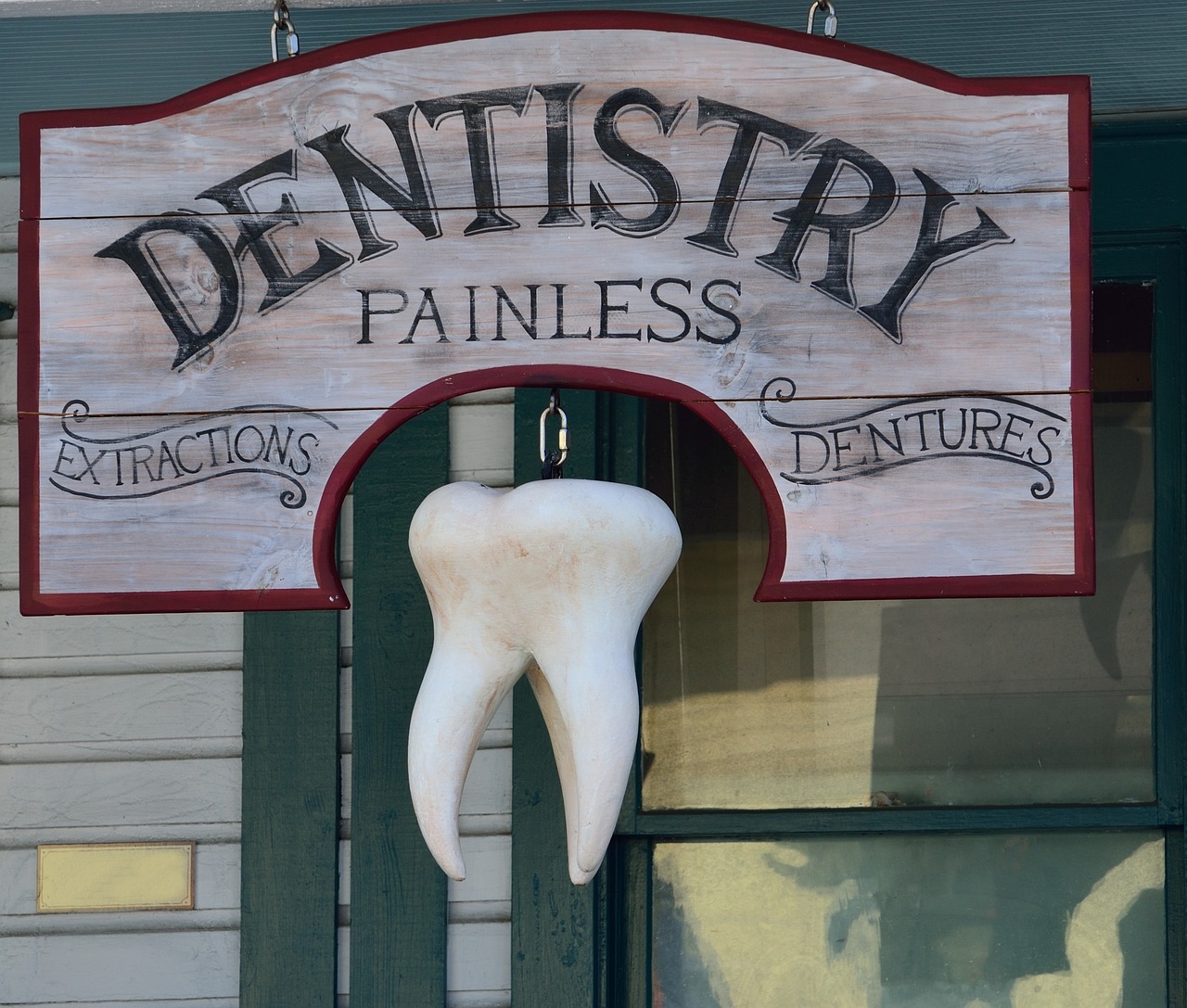The Role of Music Therapy in Pediatric Healthcare
Music therapy in pediatric healthcare has been shown to have a myriad of benefits for young patients. Through the use of music interventions, children can experience reduced stress and anxiety levels associated with medical procedures and hospital stays. Music therapy also aids in promoting emotional expression and communication skills in a safe and comforting environment, allowing children to better cope with their healthcare experiences.
Additionally, music therapy has the ability to enhance physiological responses in pediatric patients, such as reducing heart rate and lowering blood pressure. This therapeutic modality can contribute to improved pain management and overall well-being in children facing various medical challenges. By incorporating music into their healthcare journey, young patients can experience a holistic approach to healing that addresses not only their physical ailments but also their emotional and mental health needs.
Music Therapy Techniques for Children
Music therapy techniques for children involve a variety of approaches to cater to the unique needs of young patients. One common technique is rhythmic entrainment, where children are encouraged to move or play instruments to the beat of the music. This can help improve coordination, motor skills, and overall physical development.
Another effective technique is lyric analysis, where children engage in discussing the lyrics of a song in a safe and supportive environment. This technique promotes self-expression, emotional processing, and can be particularly helpful for children dealing with trauma or stressful situations. By exploring the meaning behind the lyrics, children can gain insights, build coping skills, and enhance their communication abilities.
Impact of Music Therapy on Pediatric Patients
Music therapy has shown significant positive effects on pediatric patients, aiding in reducing anxiety levels, managing pain, and improving overall well-being. Through the use of music interventions such as listening to calming melodies, singing, or playing instruments, children have reported feeling more at ease during medical procedures and hospital stays. The emotional expression and relaxation promoted by music therapy can help young patients cope with their circumstances more effectively and enhance their resilience.
In addition to the emotional benefits, music therapy has been linked to physical improvements in pediatric patients. Studies have suggested that music can regulate heart rate and blood pressure, leading to a more stable physiological state in children undergoing medical treatments. By integrating music therapy into pediatric healthcare settings, healthcare providers can complement traditional treatment methods and provide a holistic approach to improving the overall quality of care for young patients.
What are some benefits of music therapy in pediatric healthcare?
Some benefits of music therapy in pediatric healthcare include reducing anxiety and stress, improving mood and emotional well-being, enhancing communication skills, and promoting physical relaxation.
What are some music therapy techniques that can be used for children?
Some music therapy techniques that can be used for children include listening to music, singing, playing instruments, songwriting, and movement to music.
How does music therapy impact pediatric patients?
Music therapy can have a positive impact on pediatric patients by providing a creative outlet for expression, promoting relaxation and stress relief, improving social skills and emotional well-being, and enhancing overall quality of life.







